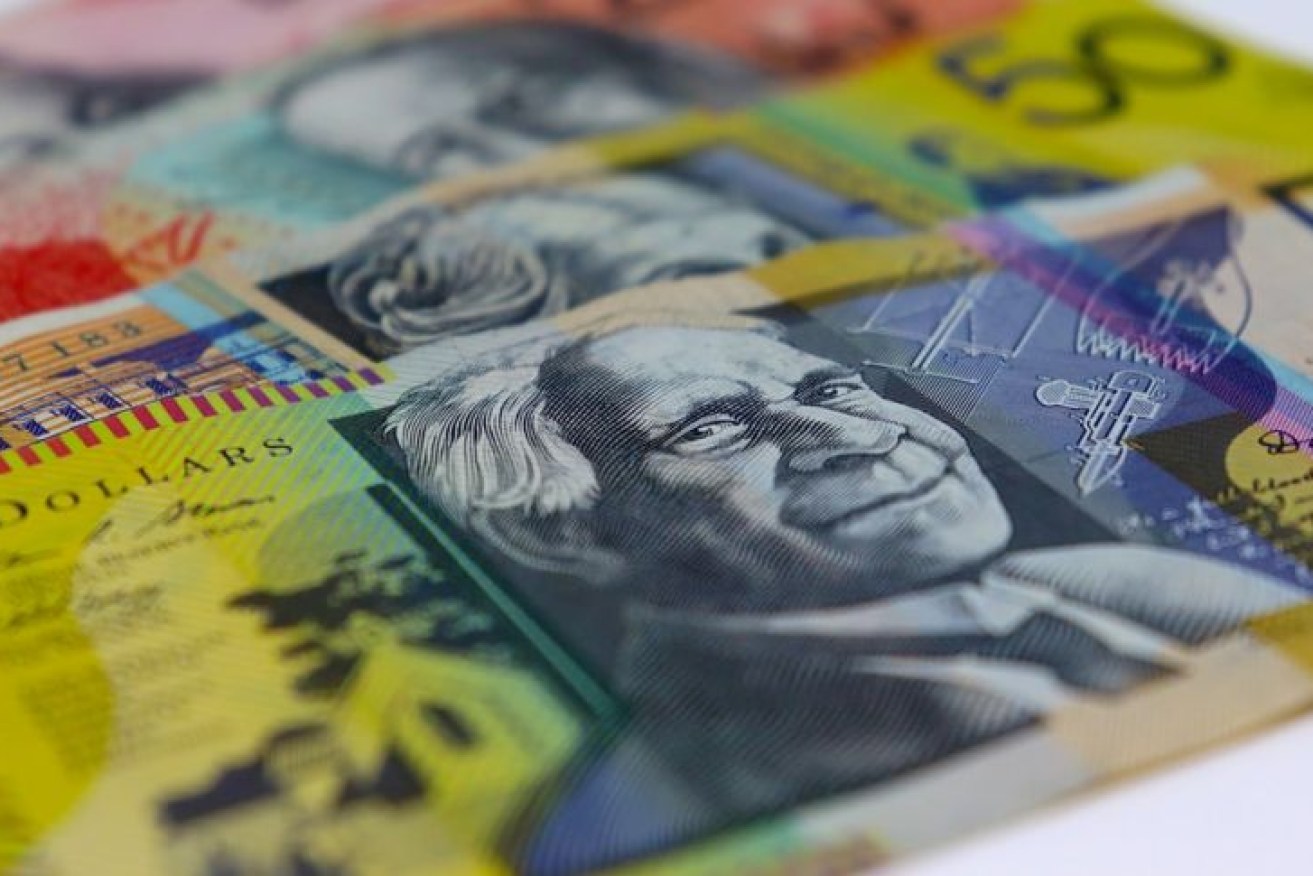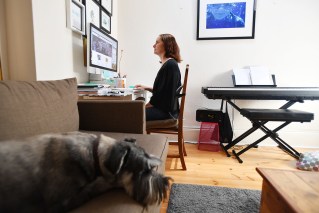Superannuation amnesty unearths $588 million in unpaid contributions


Australians have withdrawn $33.3 billion in early access to superannuation during coronavirus. Photo: Unsplash/Debora Cardenas
Almost 400,000 workers will finally receive more than half a billion dollars of unpaid super under a one-off amnesty for employers.
According to the federal government, 24,000 businesses admitted to underpaying staff by $588 million in entitlements during a pardon that ended on September 7.
The figures easily surpassed Superannuation Minister Jane Hume’s prediction that 14,000 employers would confess to underpaying $160 million throughout the amnesty.
The period stretched back to the introduction of compulsory super contributions in 1992.
The 393,000 Australians affected will soon see their employers’ contributions added to their balances, with 10 per cent interest for each year those amounts were outstanding.

More than $580 million in unpaid super will be returned to workers. Photo: Getty
Senator Hume praised the businesses who corrected their missteps over the penalty-free period, which saw about 7000 making tax-deductible payments on the final day.
“We know that in the past, calculating the super guarantee has been very complicated,” Senator Hume told AAP on Monday.
“The superannuation amnesty prompted honest businesses to take a look back through their records and check they’d done the right thing by their employees.”
However, industry figures say the $588 million payback only represents a fraction of the fortunes lost since the introduction of compulsory contributions.
Industry Super Australia chief executive Bernie Dean said although the recovered funds were a positive step, the amount is only a drop in the ocean compared to the estimated tens of billions in lost super.
“[We estimate] workers lose $6 billion a year … so the amount reclaimed represents about 10 per cent of the annual unpaid super debt,” Mr Dean said.
Clearly more work needs to be done.
“It is now up to the government to show they are serious about tackling both historic and future unpaid super by lifting its game on compliance, mandating super be paid on payday and including it in the National Employment Standards.”
And Association of Superannuation Funds of Australia deputy CEO Glen McCrea said the amnesty would remind employers who withheld super that they could leave a lasting impression on the quality of their workers’ retirement.
“Sadly, too many individuals are missing out not only on their superannuation contributions but the potential returns from having more money in their super account,” Mr McCrea said.
Tweet from @StephenJonesMP
“It is essential that all employers should comply with their superannuation guarantee obligations and pay them when they are due.”
Early access scheme passes $30 billion mark
The super windfall follows new figures from the Australian Prudential Regulation Authority showing more than $33.3 billion has now been drained from nest eggs through the federal government’s early super access scheme.
The tax office had received about 4.5 million applications to withdraw super by September 13, with 42,000 applicants lodging claims within the past week.
Since July, about 1.3 million Australians have dipped into their super balances twice, with some retrieving the maximum $20,000 allowed.
The average amount withdrawn through the life of the scheme is $7676, with repeat applicants making larger withdrawals on average.
Former federal treasurer Wayne Swan criticised the government’s policy in The New Daily on Monday, contending that it has “coerced Australians into robbing the future to pay for today”.
Got a tip? Contact the author at [email protected]
The New Daily is owned by Industry Super Holdings








